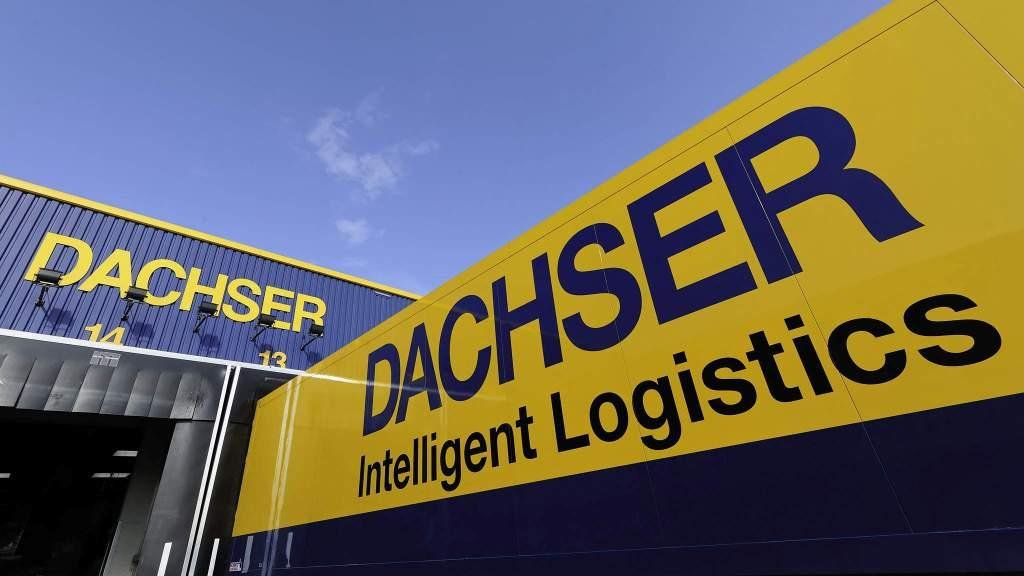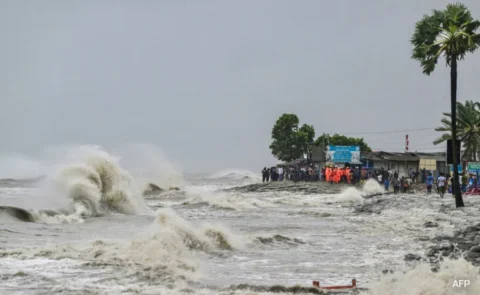By the end of 2022, DACHSER claims to acheive emission-free deliveries to the city centers of at least eleven European metropolitan regions.
To date, DACHSER Emission-Free Delivery has been implemented in Stuttgart, Freiburg, and Oslo. Preparations are now also underway in Berlin, Munich, Strasbourg, Paris, Prague, Copenhagen, Madrid, and Porto.
DACHSER Emission-Free Delivery means that Dachser delivers all shipments emission-free as a standard in a defined downtown area, usually the city centers with pedestrian zones. No air pollutants or greenhouse gases are released locally. In addition, there are fewer noise emissions. In December 2018, the pilot project in Stuttgart won an award in a competition for sustainable urban logistics held by the German Federal Ministry for the Environment.
For DACHSER Emission-Free Delivery, Dachser redefined its logistics processes for city-center groupage deliveries. Based on a modular system, the company uses battery-electric vans and trucks as well as electrically assisted cargo bikes, each tailored to local requirements. The bikes are specially designed for groupage and palleted goods weighing up to 250 kilograms. While the e-trucks supply micro hubs—small warehouses near the city center—or directly deliver goods that are not suitable for bicycles due to their weight or dimensions, the cargo bike routes start at the microhub and primarily serve pedestrian zones.
Long-term climate protection strategy
“Our move to expand DACHSER Emission-Free Delivery to at least eleven European cities by the end of 2022 is the prelude to a series of measures that we will implement in the coming years as part of our long-term climate protection strategy,” explains Stefan Hohm, Chief Development Officer, who is responsible for climate protection at DACHSER together with CEO Burkhard Eling.
“In doing this, we’re relying above all on efficient logistics and technical innovations. Rather than going down this path alone, we want to work together with customers and partners who are also keen to actively shape how logistics moves to adopt low- and zero-emission technologies. We are convinced that this is the only way to achieve the 2-degree target set by the Paris Agreement as well as the climate protection targets of the European Union and many other countries over the medium and long-term.”
“Active climate protection is part of DACHSER’s inclusive responsibility. At the same time, our commitment fulfills the expectations of our customers and stakeholders, thus ensuring the company’s long-term sustainability,” adds Burkhard Eling, CEO of DACHSER.
“To this end, we’ve defined four key fields of action that we’re addressing as part of our climate protection strategy: process efficiency, energy efficiency, research and development, and corporate citizenship. We understand this last field to be a commitment to society and social issues that goes beyond our business interests—for example, the work we’ve been doing since 2005 with the children’s aid organisation terre des hommes on three continents.”







